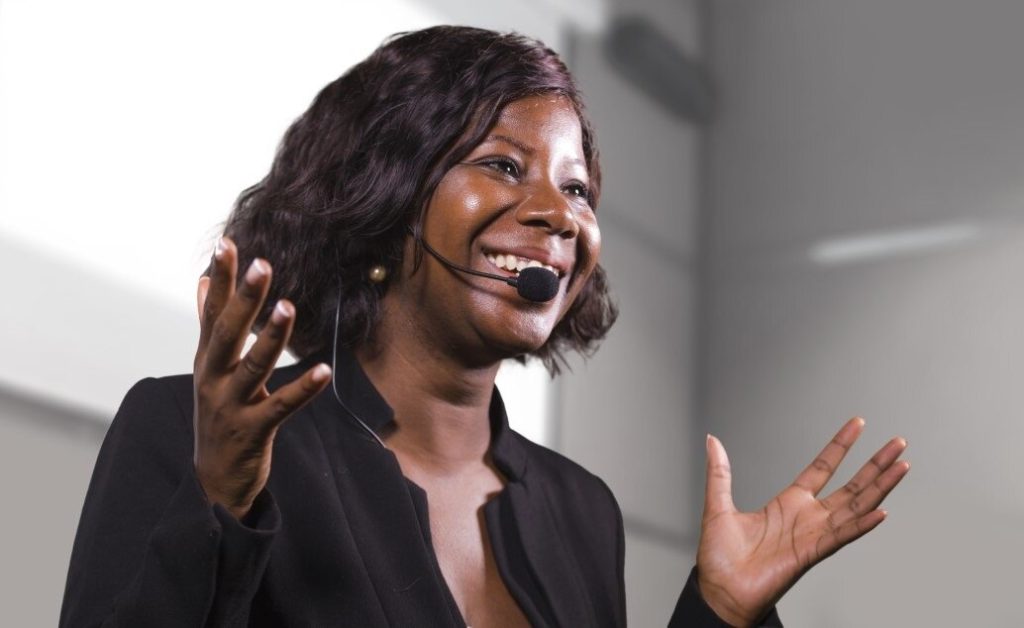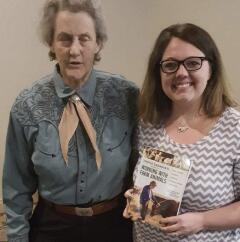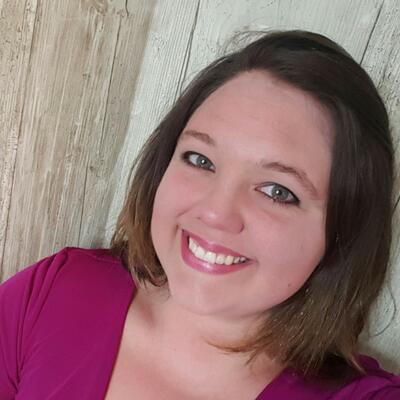
As teachers, we constantly find ourselves in faculty meetings, parent-teacher conferences, and professional development seminars, so when you see flyers for a professional conference, you may be righteously impelled to run far, FAR away.
On the face of it, professional conferences seem like just another drain on time and money, but the brief respite can actually do a world of good.
To be the best teachers we can be, we constantly have to adapt and evolve, keeping up with trends in education. If we’re not careful, it can quickly become exhausting. Sometimes a little time out of the classroom is just what it takes to fill our own bucket — and attending a professional conference can be just that.
When I attended the Future Horizons conference in Towson, Maryland in January, I found myself cozied up in a nice hotel with free, unlimited Starbucks. Yes, unlimited. I got to dress in my finest clothes, read journals and publications fresh off the press, and listen to dynamic, inspiring speakers.
I know what you’re thinking: But Amy, how am I supposed to work this into my budget? On top of everything else I do for my class? Great question. Many districts have grant funds geared toward teachers attending conferences. Most of the time those funds are only available if you ask! When I recently asked to attend a conference, grant funds were not available, but my administrator agreed to cover my substitute so my time away from school didn’t come out of my personal leave.
In return, I got a few days to recharge and remind myself why I do what I do. Hearing experts and professionals speak with such passion challenges you to look at the field with new eyes and engage with students in new ways. That little bit of inspiration goes a long way. At the conference, I heard from adults on the Autism spectrum, and the one common thread with all the speakers was how it only took one teacher to be the difference for them; I told myself I wanted to be that one teacher for my students.
Later, I found myself leaning in as clinicians waxed poetic about standards of best practice and the importance of fostering independence in students from early ages. I left thinking of ways to encourage more self-directed learning in my classroom.
The biggest takeaway that changed my focus for students was that behaviors are a form of communication, and I needed to start treating them as such. Even if my students may not have the language to express their emotions, behaviors were taking the place, and the onus was on me to identify them and help them develop common language to use in place of those behaviors.
All in all, these messages put a spring in my step as I walked into my classroom the next day.

Seeing the faces behind the research also brought so much more meaning and life to theories and standards of best practice. In my conference experience, I even got the chance to attend a book signing and have a sit-down with author, speaker, and Colorado State University professor Dr. Temple Grandin, who frequently speaks on autism and animal science.
It was an edifying experience, but it never would have happened if I hadn’t taken that leap for my own personal development. As teachers, we are quick to buy those extra supplies for our students out of our own pockets, but we are often reluctant to invest in ourselves. Professional conferences provide an opportunity to engage in higher learning outside of your classroom, to remain up-to-date and engaged.
So the next time you see an ad for an upcoming conference in your area, remember it’s so much more than your typical faculty meeting! Take that chance. Invest in yourself. I promise you will leave rejuvenated, inspired, and fulfilled!
American College of Education offers a variety of certificate programs and micro-credentials for those who want further development in a specific skill set.

